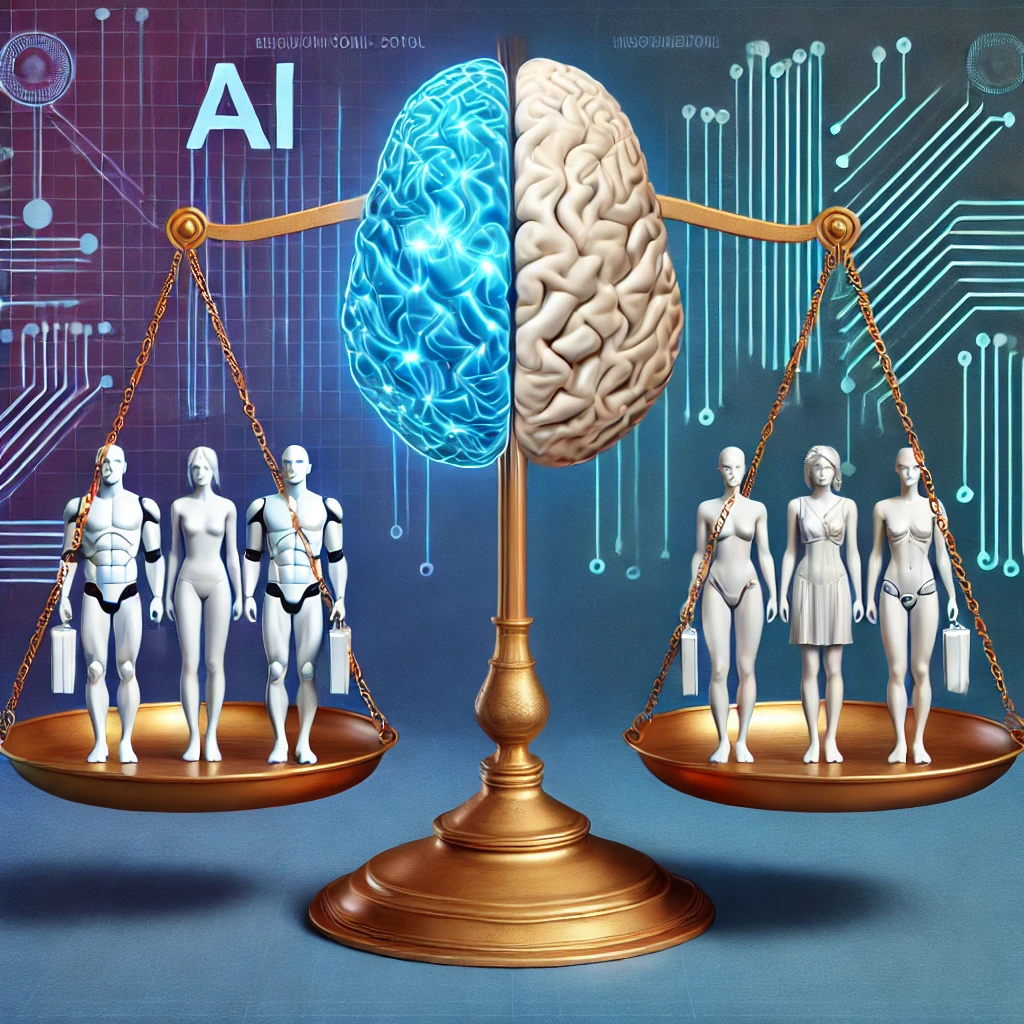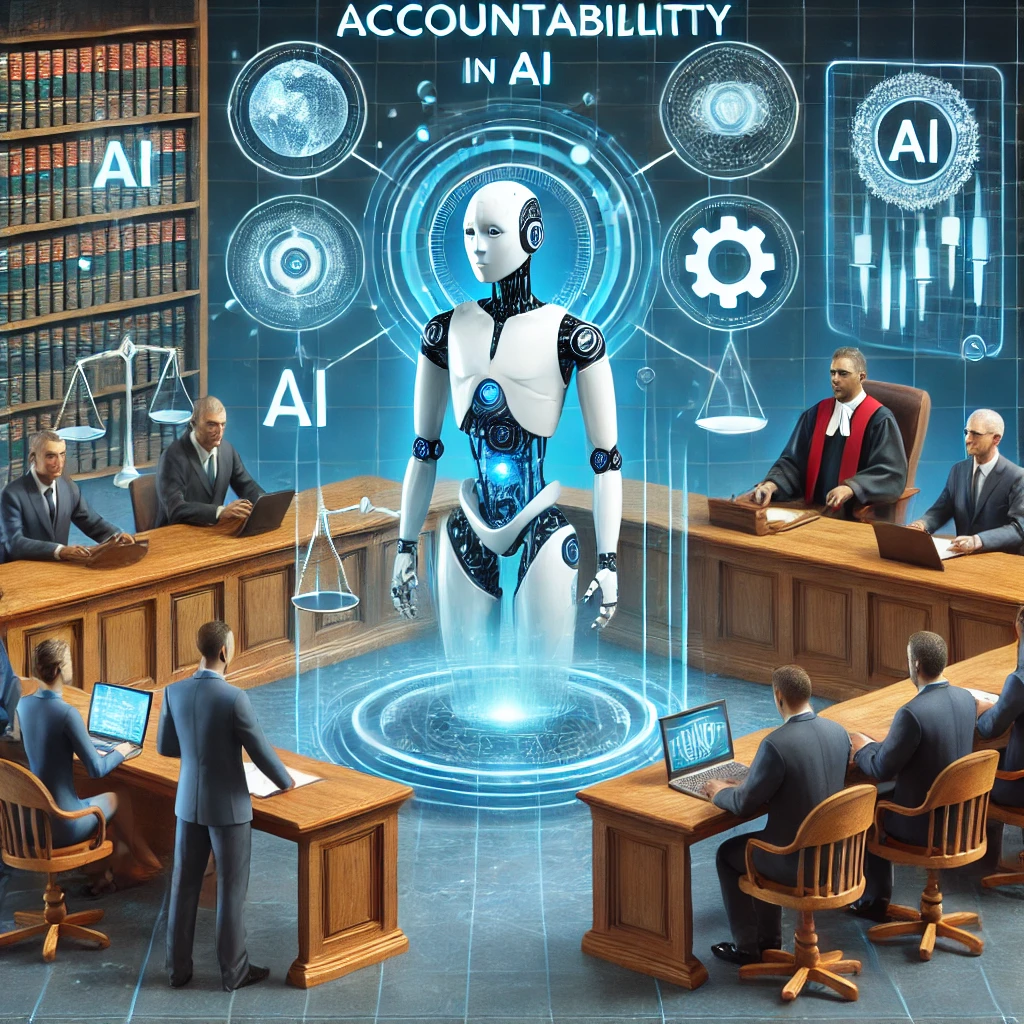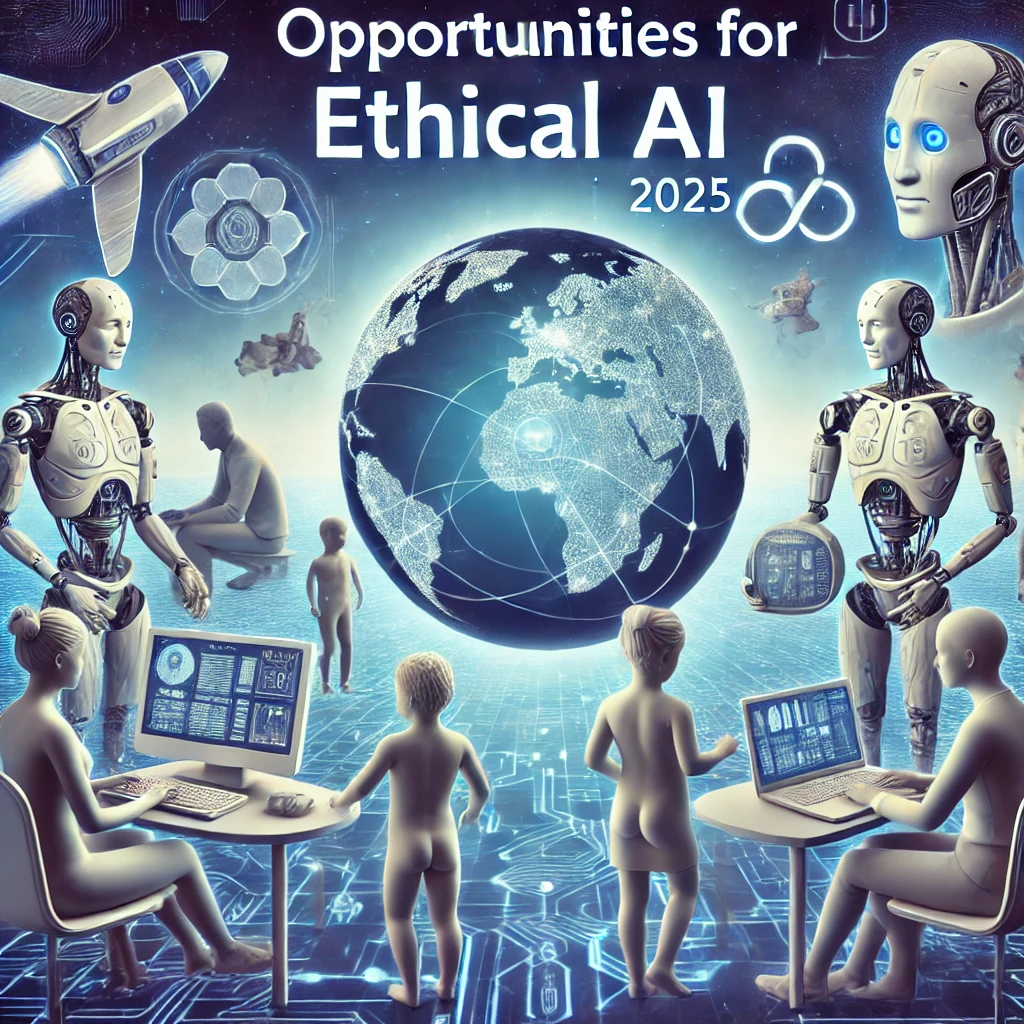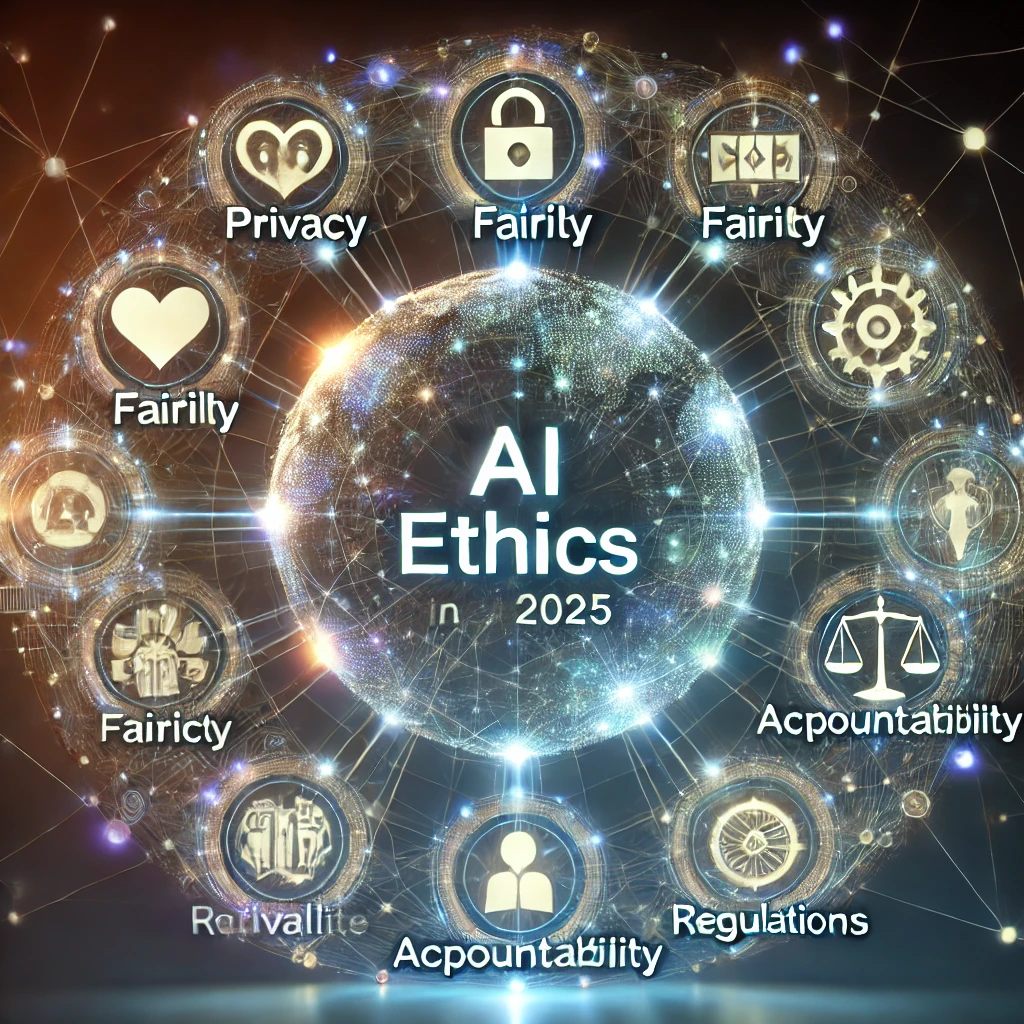AI Ethics in 2025: Challenges and Opportunities
Introduction
As Artificial Intelligence (AI) becomes an integral part of our daily lives, the ethical implications of its use have come to the forefront. In 2025, the discussion surrounding AI ethics has never been more critical, impacting industries, governments, and individual users.

Key Ethical Concerns
Privacy
AI systems often rely on large datasets, which may include sensitive personal information. Ensuring that these systems do not infringe on user privacy is a significant challenge in 2025.

Bias and Discrimination
Bias in AI algorithms remains a pressing issue. Whether intentional or unintentional, biased algorithms can perpetuate and even amplify societal inequalities.

Accountability
As AI systems become more autonomous, determining accountability for their actions becomes increasingly complex. Who is responsible when an AI system makes a harmful decision?
Regulatory Developments
In response to these concerns, governments and organizations worldwide are implementing regulations to govern AI use. For example, the European Union has introduced the AI Act, which sets strict standards for high-risk AI systems. Similarly, several countries have established AI ethics boards to oversee the deployment and use of AI technologies.

Opportunities for Ethical AI
Despite these challenges, 2025 also presents opportunities to develop AI systems that align with ethical principles. Advancements in explainable AI can improve transparency, making it easier to understand and trust AI decisions. Efforts to promote diverse datasets are underway, reducing bias and ensuring fairness in AI applications. Additionally, robust data anonymization techniques are being implemented to protect user privacy effectively.

Conclusion
AI ethics is an evolving field, and 2025 marks a pivotal year for addressing its challenges while embracing its opportunities. By prioritizing ethical considerations, we can ensure that AI benefits society as a whole.







